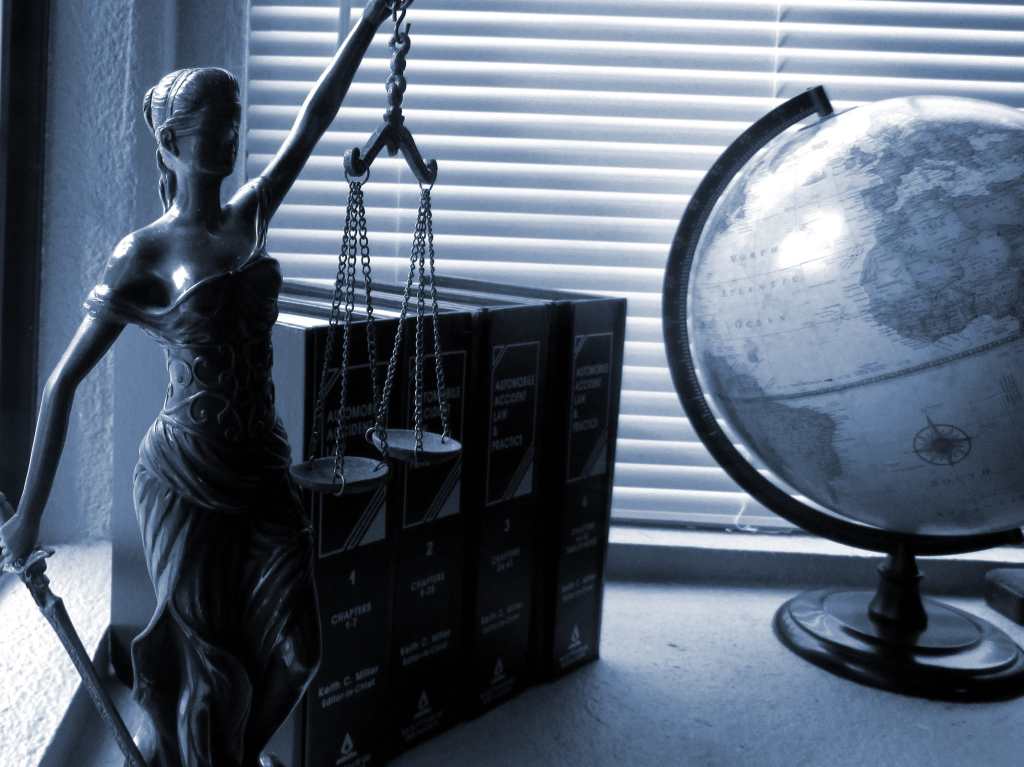Irvine IPAT Clinic files $100,000 civil rights claim over arrest of journalist

Note: A version of this post originally appeared on the UC Irvine IPAT Clinic’s website. For a previous post about the Clinic’s work in securing the release of the journalist’s cellphone, see here.
The UC Irvine Intellectual Property, Arts, and Technology (IPAT) Clinic filed a $100,000 civil rights claim on March 12 against Los Angeles County, alleging that the Los Angeles County Sheriff’s Department violated a student journalist’s First and Fourth Amendment rights by wrongfully arresting him at a Black Lives Matter protest, confiscating his equipment, and losing his camera memory card containing two years of work.
“We know that the Sheriff’s Department conducted an internal investigation of Pablo Unzueta’s September 8, 2020 arrest after we wrote a letter to Los Angeles County Sheriff Alex Villanueva,” said Professor Susan E. Seager, who directs the Clinic’s Press Freedom and Transparency team. “But the department refused to tell us its findings.”
“The Sheriff’s Department’s arrest, detention, and confiscation of Pablo’s cell phone, camera, and camera memory card violated Pablo’s First Amendment right to report about the news and his Fourth Amendment right to be free from wrongful arrest, excessive force, and seizure of his property,” Seager said.
Unzueta is one of 130 journalists arrested or detained by law enforcement in the United States during 2020, according to the U.S. Press Freedom tracker website.
California law — Penal Code section 409.5(d) — allows “duly authorized” journalists to enter areas closed by police during riots or civil disturbances, but local law enforcement largely ignore the law, Seager said.
Unzueta, a Cal State Long Beach student editor and freelance photojournalist, was arrested while photographing and filming a protest over the killing of a Black cyclist by sheriff’s deputies in South Los Angeles. Unzueta said deputies ignored him when he identified himself as a journalist and arrested him for allegedly failing to disperse after the deputies declared the protest an unlawful assembly. The Los Angeles District Attorney’s Office said that it was not filing criminal charges against any protestors or journalists arrested during the September 8 protest.
Unzueta said deputies took his iPhone and Nikon D800 digital camera during his arrest and did not return his devices after booking and releasing him. Deputies later returned the camera, but not the memory card. It took three months for the department to release Unzueta’s cell phone. Seager said that a department captain told her that he interviewed nearly a dozen deputies about Unzueta’s arrest and no deputies reported seeing the journalist’s camera memory card. Unzueta says that the memory card contains his freelance photos that had been used by the Voice of OC and Washington Post.
Unzueta said that deputies handcuffed him, threw him into the bed of a truck filled with pepper spray balls that exploded upon impact, appeared to film him and other arrestees with the deputies’ personal cell phones, and called him a homophobic slur.
An independent report released this week concluded that the sheriff’s department’s municipal counterpart — the Los Angeles Police Department — severely mishandled Black Lives Matter protests during 2020.
“The entire process was very draining and it took a lot of grit and patience,” said Unzueta. “This case could never have been resolved if it weren’t for the Student Press Law Center and the UCI Law IPAT Clinic, who represent and protect the rights of journalists like myself.”
Unzueta was also represented by Professor Katie Tinto, Director of UCI Law’s Criminal Justice Clinic, who was contacted by the Student Law Press Center to represent Unzueta during a criminal court appearance. Tinto won the release of Unzueta’s camera.
California law requires people seeking damages from state and local government agencies to file an administrative claim with the government agency before going to court.